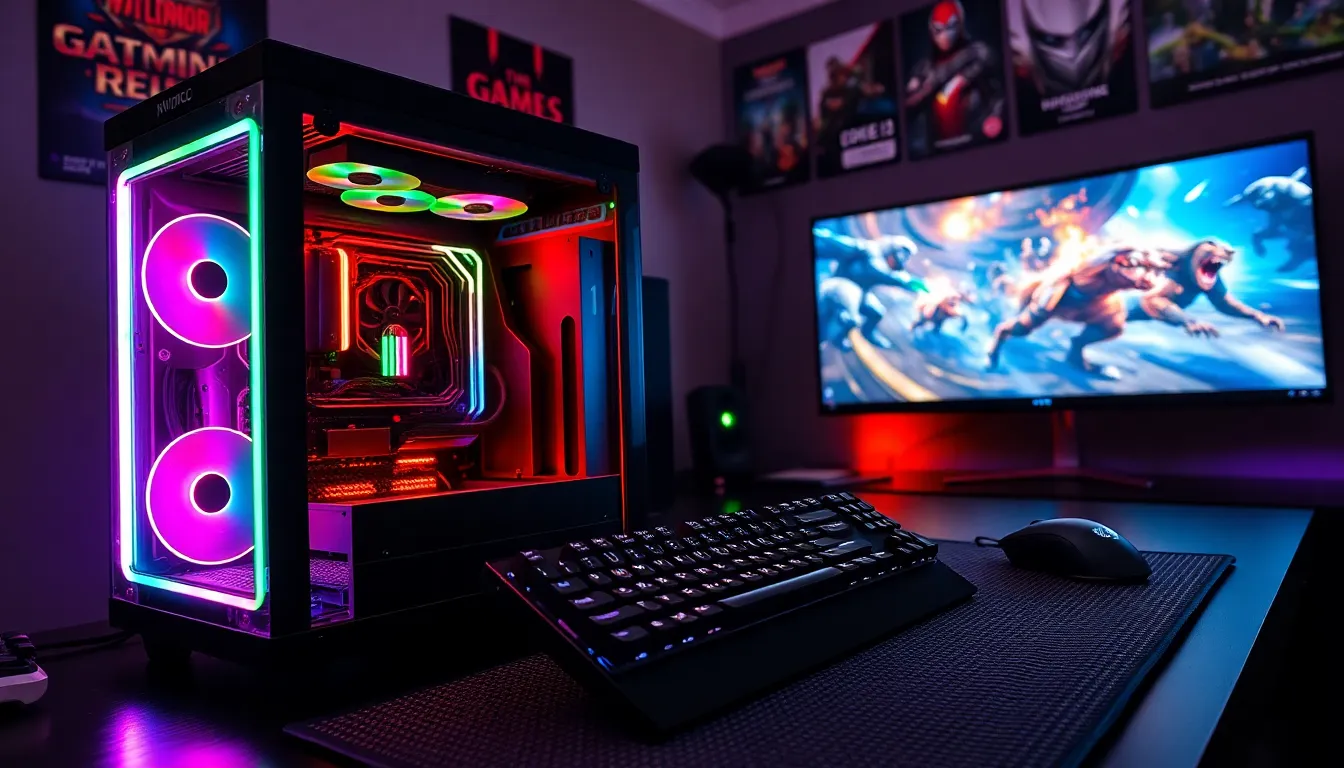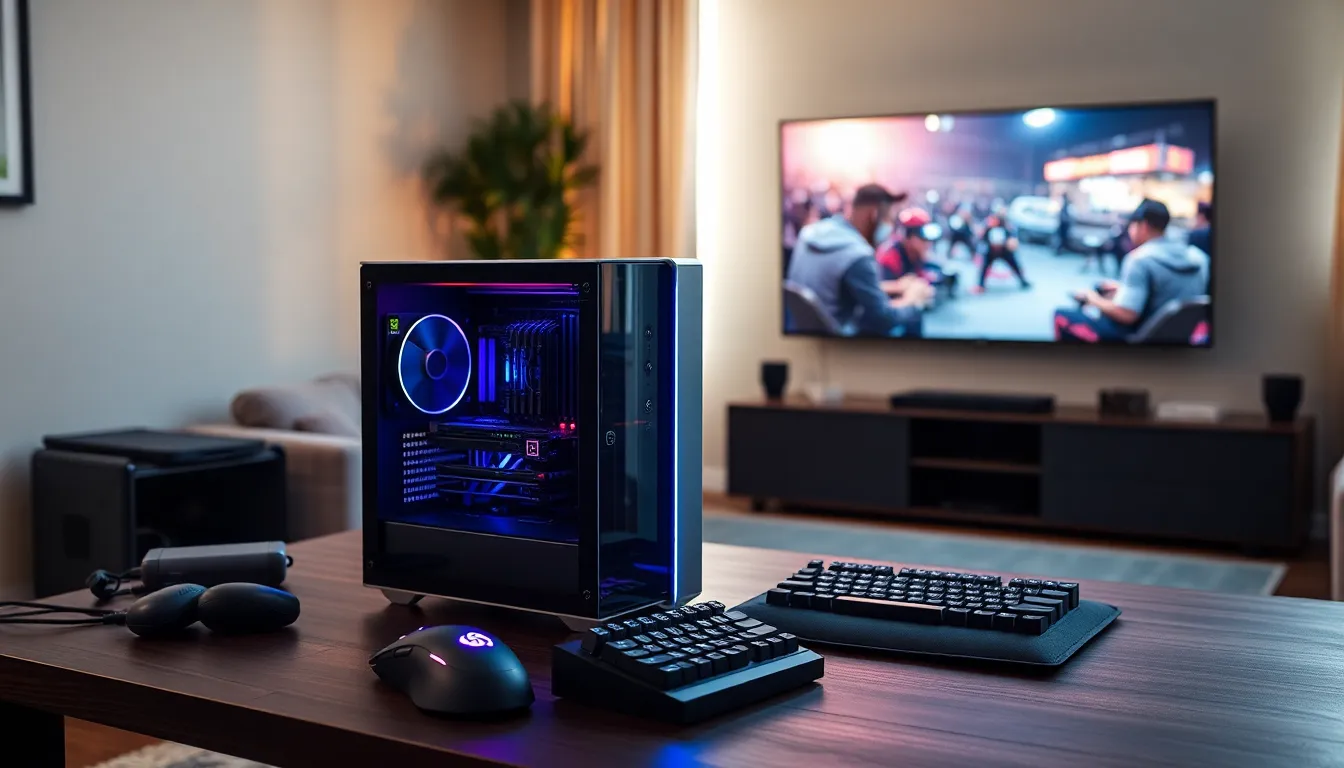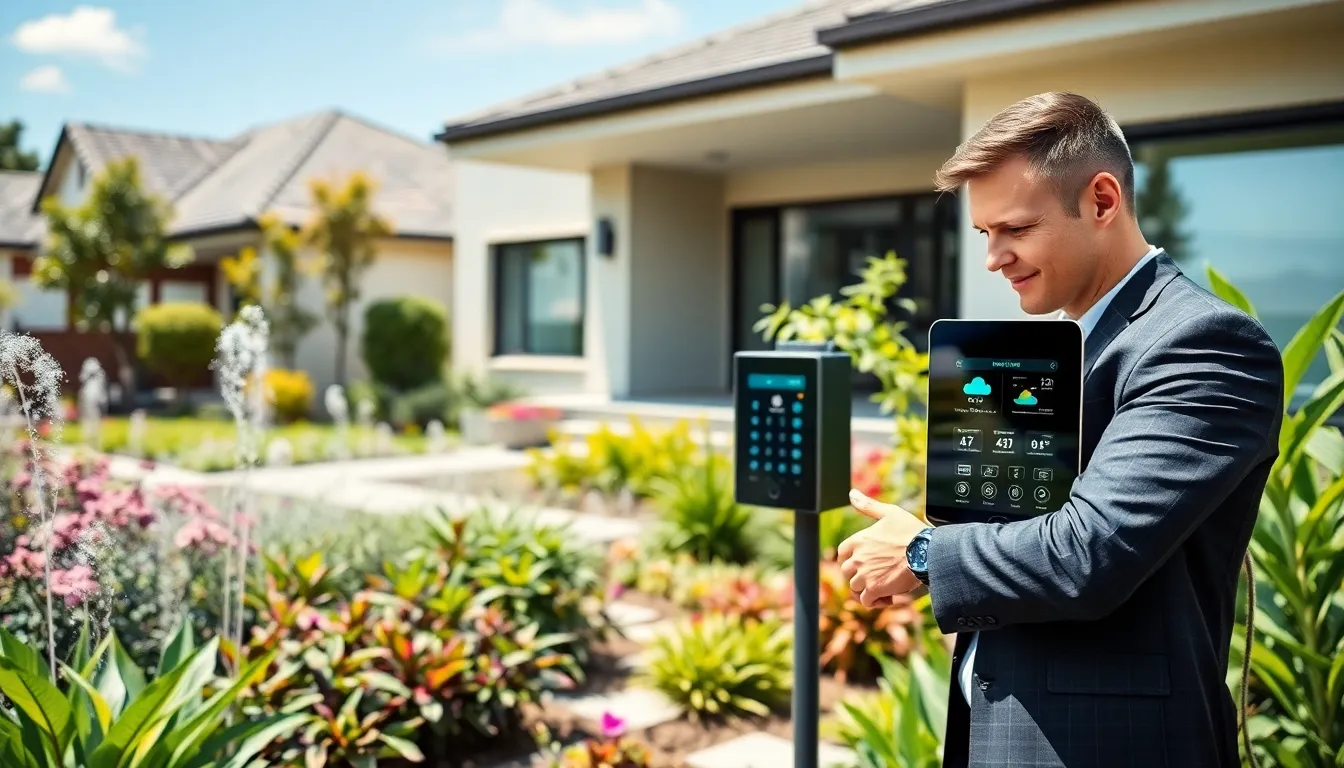Table of Contents
ToggleAs gaming becomes an increasingly immersive experience, the need for high-performance gaming PCs is at an all-time high. But, with the rise of LAN parties and mobile gaming communities, the question of portability arises, how can gamers transport their powerful setups without compromising performance? This article dives deep into the world of transport gaming PCs, exploring their unique features, the importance of portability, and essential considerations to ensure safe transport. Whether you’re a seasoned professional or a casual gamer, understanding these aspects can enhance your gaming experience and ensure that your PC remains in top condition.
Understanding Gaming PCs: What Makes Them Unique?

Gaming PCs stand out from standard computers primarily due to their optimized components designed for high-performance gaming. Unlike regular PCs, gaming rigs typically feature powerful CPUs and GPUs that can handle complex graphics and demanding gameplay seamlessly.
Essential Components of a Gaming PC
The core of any gaming PC consists of several essential components:
- Graphics Processing Unit (GPU): Often considered the heart of a gaming setup, the GPU enables the rendering of high-quality graphics at smooth frame rates. Top brands like NVIDIA and AMD lead the market, providing GPUs that cater to a range of performance needs.
- Central Processing Unit (CPU): The CPU works alongside the GPU to ensure gaming performance. Processors from Intel and AMD are popular choices, offering multi-core configurations that handle various tasks simultaneously.
- RAM: Sufficient RAM is crucial for gaming. Most gamers opt for at least 16GB to ensure that games run smoothly without lag.
- Storage: Speed and capacity matter here. Solid-state drives (SSDs) are preferred for quick loading times, while hard disk drives (HDDs) can offer additional storage for larger game libraries.
- Cooling Systems: Gaming PCs generate heat, particularly under heavy loads. Adequate cooling solutions, whether air or liquid, are essential for maintaining performance and longevity.
Understanding these components helps gamers appreciate why gaming PCs are built the way they are, providing the power needed for intense gaming experiences.
Importance of Portability in Gaming
Portability in gaming reflects a growing trend, players want the ability to game without the constraints of a fixed setup. The rise of eSports and the popularity of traveling gaming events have underscored the importance of having a transport gaming PC that doesn’t skimp on performance.
Choosing the Right Transport Gaming PC
When selecting a gaming PC designed for transport, gamers should look for:
- Compact Design: A smaller chassis can make it easier to transport without sacrificing vital components.
- Weight: Lightweight materials help reduce the overall weight of the PC, making it more manageable.
- Durability: A sturdy build is essential to withstand transportation-related wear and tear. Look for PCs with robust cases that can resist bumps and knocks.
- Performance: Ensure it still offers high performance comparable to larger setups, featuring powerful GPUs and CPUs that can handle gaming at high settings.
By prioritizing these features, gamers can find transport gaming PCs that match their performance needs while being easy to carry.
Factors to Consider When Transporting a Gaming PC
Transporting a gaming PC requires careful planning to avoid damage and maintain performance. Here are critical considerations for any gamer on the move.
Tips for Safe Transportation of Gaming PCs
- Use a Proper Case: Investing in a padded transport case designed for PCs can offer the best protection against jolts and falls.
- Secure Internal Components: Check that all components, including the GPU, CPU cooler, and storage drives, are secured in their slots before transport to prevent damage.
- Disconnect All Cables: Unplugging peripherals and cables can prevent accidental disconnections and damage during transport.
- Keep it Cool: Ensure the PC is completely cooled down before packing it away, as stored heat can damage internal components.
Common Challenges Faced When Transporting Gaming PCs
Transporting gaming PCs isn’t without its challenges. Common issues include:
- Weight and Size: Larger PCs can be cumbersome to move.
- Fragility: High-performance components are sensitive to shocks and vibrations.
- Environmental Factors: Extreme temperatures or humidity during transport can harm electronic components.
Gamers need to prepare for these challenges to protect their setup effectively.
Future Trends in Portable Gaming Technology
As technology evolves, so does the landscape of portable gaming. Future trends may include:
- Enhanced Miniaturization: As components become more efficient, smaller yet powerful gaming PCs are likely to emerge, allowing for even greater portability without compromising performance.
- Cloud Gaming: With platforms like GeForce NOW and Xbox Cloud Gaming gaining popularity, the need for high-quality hardware may lessen as players can stream games on lower-power devices.
- Integrated Cooling Solutions: Future gaming PCs may feature more advanced cooling integrated into their design, reducing the need for bulky components that can impede portability.
- Wireless Technology Improvements: Enhanced wireless technology could also reduce the number of cables needed, further simplifying transport.
Conclusion
Transport gaming PCs are an essential investment for gamers who wish to maintain high performance while on the move. By understanding the unique components that make gaming PCs special, recognizing the importance of portability, and considering the factors necessary for safe transport, gamers are better equipped to protect their valuable equipment. As the gaming landscape continues to evolve, keeping an eye on future trends will help gamers stay ahead of the curve, ensuring that they can enjoy their gaming experience wherever they go.





